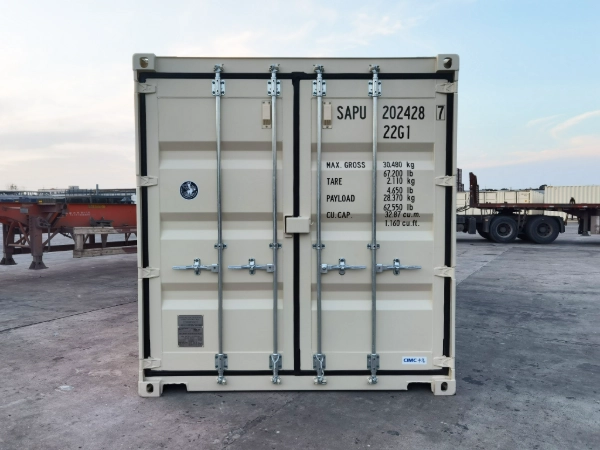In today's globalized world, the transportation industry plays a pivotal role in connecting businesses and individuals across continents. While air transport has long been regarded as the fastest mode of transportation, sea transport offers a myriad of benefits that make it a preferred choice for certain industries. In this article, we will delve into the advantages of sea transport over air transport, exploring its cost-effectiveness, capacity, environmental impact, and flexibility.
- Cost-effectiveness:
Sea transport stands out as a cost-effective option for transporting large quantities of goods over long distances. Unlike air transport, which incurs high fuel costs and limited cargo capacity, sea transport can accommodate massive shipments, reducing the overall cost per unit. Additionally, sea freight rates are generally more stable and predictable, allowing businesses to plan their logistics and budget more effectively. - Capacity:
One of the key advantages of sea transport is its immense capacity to carry bulky and heavy goods. Ships are designed to handle large volumes of cargo, including vehicles, machinery, and raw materials. This makes sea transport particularly advantageous for industries such as automotive, construction, and mining, where the transportation of heavy equipment is essential. Moreover, the availability of containerization has revolutionized sea transport, ensuring efficient loading, unloading, and storage of goods. - Environmental Impact:
In an era where sustainability is paramount, sea transport offers a greener alternative to air transport. Ships emit significantly lower levels of greenhouse gases per ton of cargo transported compared to airplanes. Additionally, advancements in ship design and technology have led to the development of eco-friendly vessels, utilizing cleaner fuels and adopting energy-efficient practices. By choosing sea transport over air transport, businesses can contribute to reducing their carbon footprint and promoting a more sustainable future. - Flexibility:
Sea transport provides unparalleled flexibility in terms of routes and destinations. With a vast network of ports worldwide, ships can access even the most remote locations, offering global connectivity. This flexibility allows businesses to tap into new markets, explore emerging economies, and establish international trade relationships. Furthermore, sea transport is less susceptible to disruptions caused by adverse weather conditions, ensuring more reliable and consistent delivery schedules.
Conclusion:
While air transport undoubtedly offers speed and efficiency, sea transport presents a host of advantages that make it a compelling choice for various industries. Its cost-effectiveness, capacity to handle large shipments, lower environmental impact, and flexibility in terms of routes and destinations make sea transport an indispensable component of the global supply chain. By harnessing the benefits of sea transport, businesses can optimize their logistics, reduce costs, and contribute to a more sustainable future.


